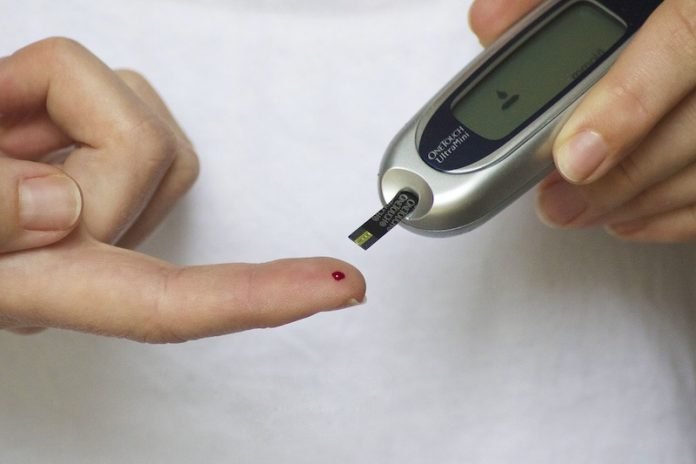
In a new study, researchers found omega-3 fats have little or no effect on the risk of Type 2 diabetes.
The research was conducted by a team from the University of East Anglia.
Omega 3 is a type of fat. Small amounts are essential for good health and can be found in the food that we eat.
The main types of omega 3 fatty acids are alpha¬linolenic acid (ALA), eicosapentaenoic acid (EPA), and docosahexaenoic acid (DHA).
ALA is normally found in fats from plant foods, such as nuts and seeds (walnuts and rapeseed are rich sources).
EPA and DHA, collectively called long-chain omega 3 fats, are naturally found in fatty fish, such as salmon and fish oils including cod liver oil.
Increased consumption of omega 3 fats is widely promoted globally because of a common belief that it will protect against, or even reverse, conditions such as diabetes.
In the study, the team did a systematic review.
The review combines the results of 83 studies involving 121,070 people with and without diabetes, all of at least six months duration.
The team assessed the effects of long-chain omega-3 fats, ALA, omega-6 and polyunsaturated fatty acids (PUFAs) – taken as supplementary capsules, or via enriched or naturally rich foods.
The results showed the people who consumed more long-chain omega-3 fats (fish oils) had the same risk of diabetes as the control group who did not take more fish oil.
In addition, blood glucose, insulin, and glycated hemoglobin, measures of how well our bodies handle sugars (glucose metabolism) and important measures of diabetes risk, are also similar in people taking and not taking additional fish oils.
This means that omega 3 supplements offer no benefit. Moreover, high doses of supplements could worsen glucose metabolism.
The team says omega-3 supplements should not be encouraged for diabetes prevention or treatment.
If people do choose to take supplementary fish oil capsules to treat or prevent diabetes, or to reduce levels of triglycerides in their blood, then they should use doses of less than 4.4 grams per day to avoid possible negative outcomes.
The lead author of the study is Dr. Lee Hooper, from UEA’s Norwich Medical School.
The study is published in the British Medical Journal.
Copyright © 2019 Knowridge Science Report. All rights reserved.



